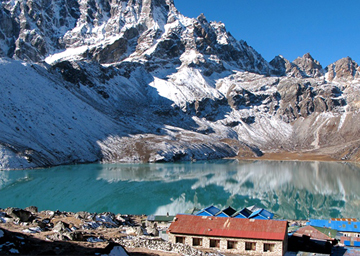Home
About
Nepal
Hiking and Trekking
Bhutan
Tibet
Blog
Contact
Everest Region
Climbing & Expedition
Everest Base Camp Trek
Everest View Panorama Trek
Everest Two Pass Trek
Everest Three pass Trek
Gokyo lake Trek
Amadablam Base Camp Trek
Tashi Labsta Pass Trek
Mani rimdu Festival Trek
Pikey Peak Trek
Annapurna Region
Mardi Himal Trek
Poon hill trek
Annapurna Base Camp Trek
Short A.B. C. Trek
Annapurna Circuit Trek
Tilicho Lake Trek
Complete Annapurna Trek
khopre Danda Trek
Naar Phu Valley Trek
Langtang Region
Langtang Valley Trek
Chisapani-Nagarkot Trek
Tamang Heritage Trek
Gosaikunda Lake Trek
Helambu Trek
Langtang, Lauribina Pass Trek
Langtang, Tamang heritage Trek
Manaslu Region
Manaslu Circuit Trek
17 Days Tsum Valley Trek
Manaslu + Annapurna Circuit Trek
Manaslu + RABC via Tilicho Lake Trek
Eastern Region
Kanchenjunga Base Camp Trek
Makalu Base Camp Trek
Arun Valley Trek
Mundum Trek
Milke Danda Trek
Ilam Tea Garden Trek
Lumba Sumba Pass Trek
Western Region
Yala peak
Pisang Peak
Everest Expedition
Mera Peak Climbing
Three Peak Climbing (Mera, Island, Lobuche)
Gokyo Valley Art Event
Three Peak Climbing (Pisang , Chulu and Thorang)
Island Peak Climbing in Nepal
Mera Peak Climbing via Amphu Laptsa Pass | Mountain Mate Trek
Tour and Travel
Patan
Bhaktapur Tour
Nagarkot Sunrise Trip
Nagi Ghumba( Spiritual Tour)
Kathmandu Day Tour
Boudhanath Temple (Spiritual Tour)
Namo Buddha(Spiritual Tour)
Historical Tour Kathmandu | Mountain Mate Trek
Pokhara Tour
Chitwan Safari Trip
Lumbini Tour
Nepal Overland Tour
Adventure Sports
Biking
Heli Tour
Others
Day Tour
Down Town Tour
Annapurna circuit Tour
Upper Mustang Tour
Mountain Biking in Shivapuri National Park - Kathmandu Day Trip
Ride Champadevi: Sacred Trails
Lower Mustang Motorbike Tour Nepal
Ilam Tea Garden Motorbike Tour
Canyoning
River Rafting/ Kayaking
Bunjee Jump
Paragliding And ziplining
Quad Biking


















